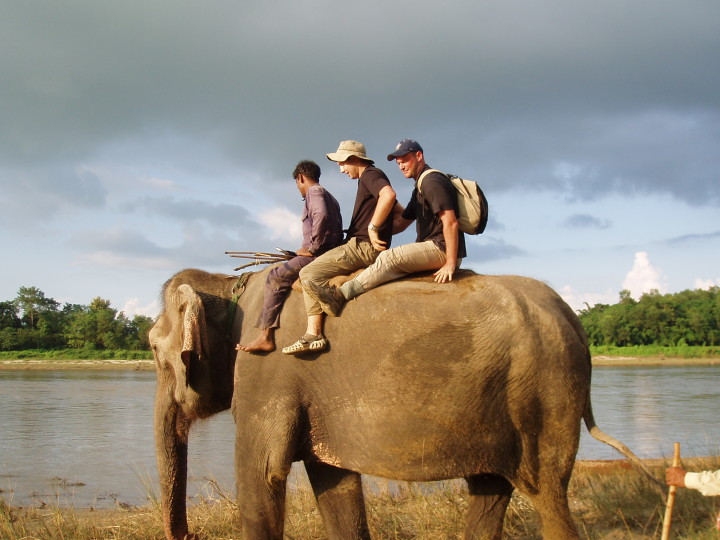Once Were Farmers
I have recently negotiated my way through a big book. For me, 500+ pages is big but this felt bigger and part of the reason it felt that way is because I didn’t stop learning from the first word to the last. The book in question is Jared Diamond’s – Guns, Germs and Steel and it covers so much ground that it simply can’t be absorbed in a week. I found myself reading and rereading page after page as I attempted to etch a little deeper the information that was being presented. That approach would frustrate some, but I felt like I was benefiting in a different way from a regular read. You get rewarded with the crystallization of someone’s hard fought research and you simply don’t have to scour the hundreds of references the author did.
In brief, Guns, Germs and Steel follows the societies and cultures of Earth by examining various societal changes since the ice age – the past 13,000 years to be more precise. The topics covered can be grouped as historical sciences but what we learn on that journey are patterns of migration, development of languages, the domestication of both plants (crops) and animals, society structures and patterns of disease and climate. Each chapter can be considered an extended essay and it is in that structure where this revision reading approach made sense to me.
A couple of chapters focussed on the Polynesian migration and some of New Zealand’s early history. This is interesting as I had often thought about how societies in Oceania evolved. I grew up with the notion that Australian Aboriginals were hunter gatherers and that the New Zealand Maori were warriors – but that is really only part of it. The aborigine were indeed distant cousins of those who lived in new guinea but thousands of years of separation post ice age led to great cultural shifts and approaches due to contrasting environments. It was also highlighted that cultures with powerful warriors and indeed any kind of military approach were ably supported by specialists and farmers and it was indeed the development of farming and food storage that enabled the Maori to support war efforts. They easily overcame the hunter gatherer tribes of the Chatham Islands thanks to their differences in societal structure and approach.

As I have read books this year I have tried to come up with the best alternative title or line that summarizes what I have previously read. With Endurance, although the tongue was firmly in cheek, I went with “Shackleton Eats Antarctica”. An alternative title for 13,000 years of history is not so easy to distill but Jared Diamond does hint at this idea and I am paraphrasing here but we are who we are through accidents of geography. It is both obstacles and the orientation of our continents that must be taken into account when reviewing the development of Earths societies. It doesn’t matter whether one is Maori or Mori Ori – home was once the Cook Islands and before that it was likely Samoa and before that northern New Guinea and Southeast Asia and all the way back to Taiwan where 2% of its current population still carry some distant connection with Polynesia.
In truth those same original Polynesians can be traced back further and further until it is clear that no matter if cultures have often developed quite independently of each other over history, it still occurs that there aren’t that many degrees of separation between them. I would like to thank the author for filling my head with newly discovered knowledge but also that perhaps an acknowledgement a few solitary endpoints are now connected. It is yet another example of the planet being shrunk by discovery and is this context and on that note as the planet has indeed shrunk, I will make sure my next read is smaller too. Whew.





Recent Comments